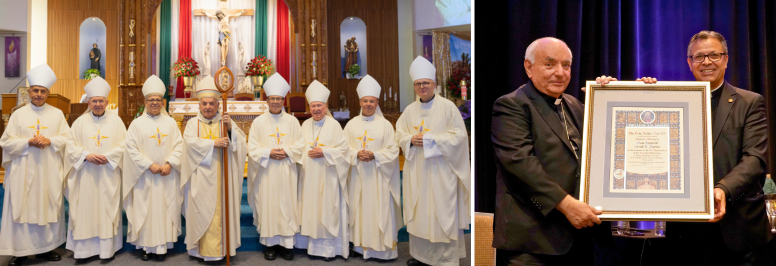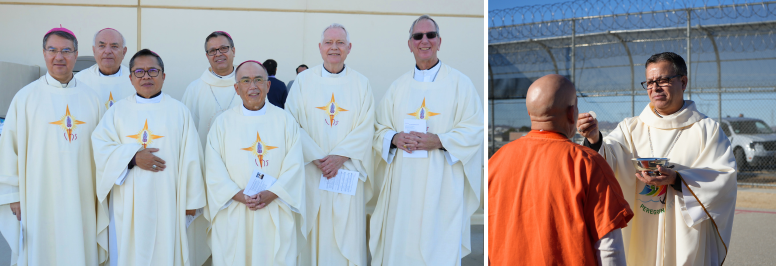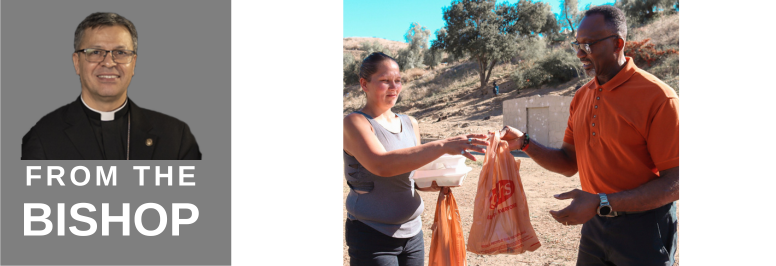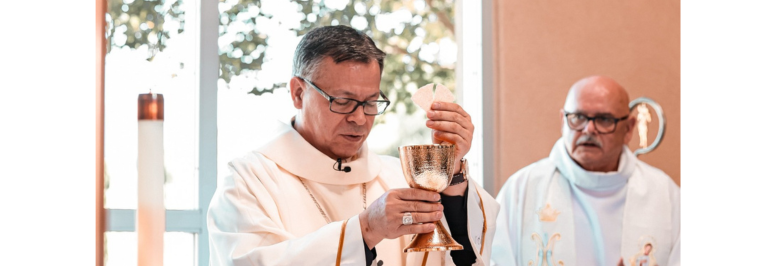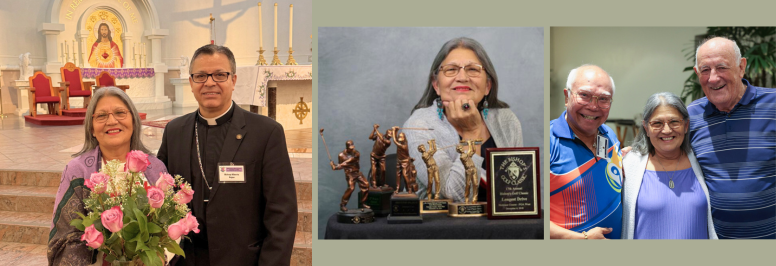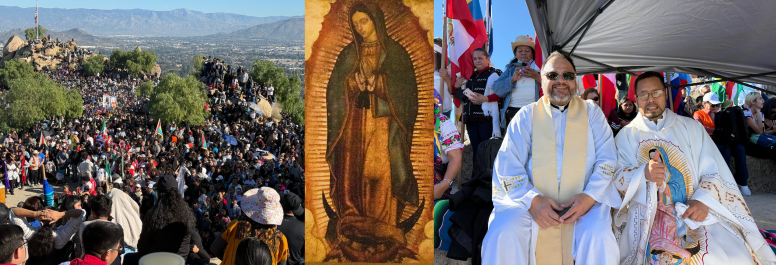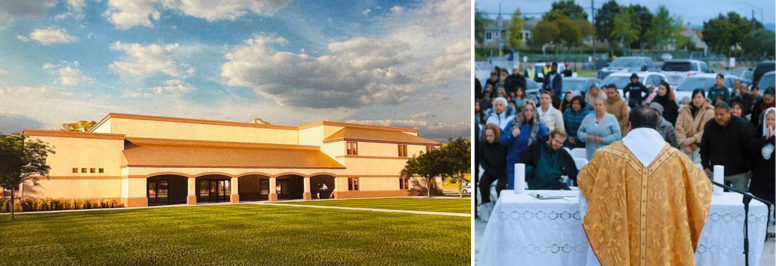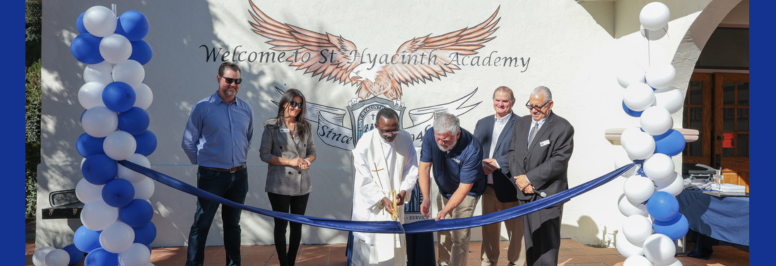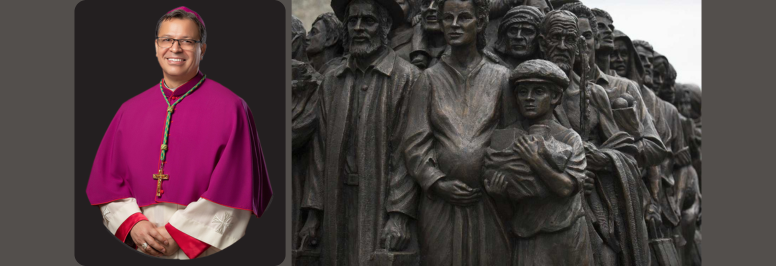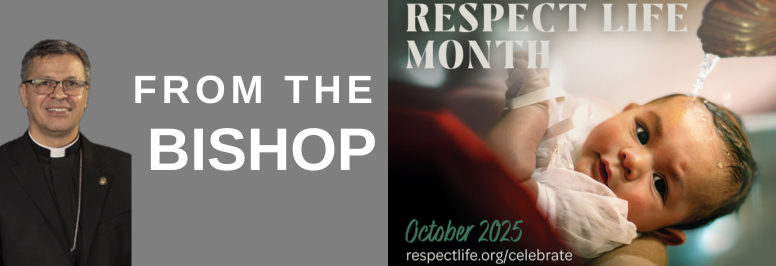The word sacrament originates from the Latin “Sacramentum.” At the beginning it was used to refer to sacred or worship moments in the Church. Over time, this word was used to refer exclusively to the sacred signs instituted by Jesus Christ. Saint Augustine helped clarify the concept of “Sacrament,” and in the 12th century the number of sacraments was confirmed as being seven.
The Sacraments of the Church are categorized in the Sacraments of Christian initiation (Baptism, Confirmation and Eucharist); Sacraments of Healing (Penance and Anointing of the Sick); and Sacraments at the Service of Communion and Mission (Holy Orders and Marriage). These all correspond to important moments in our Christian life, being the mysterious presence of an invisible Christ, who becomes present in a tangible and personal way.
A magnificent impact of receiving the Sacraments is obtaining a special grace. This is a supernatural gift that God provides us to be able to live our everyday life with love and goodness, and in this way achieve eternal life. It is a supernatural gift because what is being communicated is the life of God, which goes beyond all created nature. God gives us His grace, not because we have earned it, but because of His great and infinite love for us.
Modern society tends to belittle the value of Sacramental Marriage, which offers its own specific grace. It consists in the right to receive from God all the necessary support the spouses need to love each other in Christ with fidelity forever, and for them to receive support for the foundation of their home. This sacramental grace accompanies the spouses every day of their existence on earth, until death.
The special grace of marriage thus gives the generosity and responsibility to beget and educate children. It gives the husband and wife wisdom and prudence in the innumerable problems that family life presents them. It also aids them in addressing their shortcomings and overcoming them.
It is important to emphasize that because of their mutual service and their co-creating mission, the spouses are a living and permanent sacrament of Christ’s love for the community. So they become “ministers of the Domestic Church,” where their mission is to share Christ’s life with their spouse, their children and everyone around them. Being Eucharist for others, therefore treating others as Jesus does.
Finally, the whole Church or “Christian family” benefits equally from spouses living their Sacrament in their daily lives faithfully, as this is an invaluable testimony that inspires all Christians in the way of sacrifice and service to which we have all been called.
For Reflection:
What can I do to make my Sacraments signs reflecting the love that Christ has for us, his body, the Church?
Mario Martinez is the Marriage Initiative Coordinator in the Office of Catechetical Ministry of the Diocese of San Bernardino.




